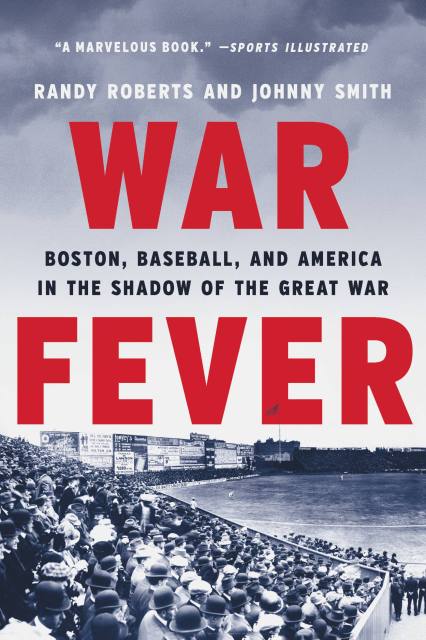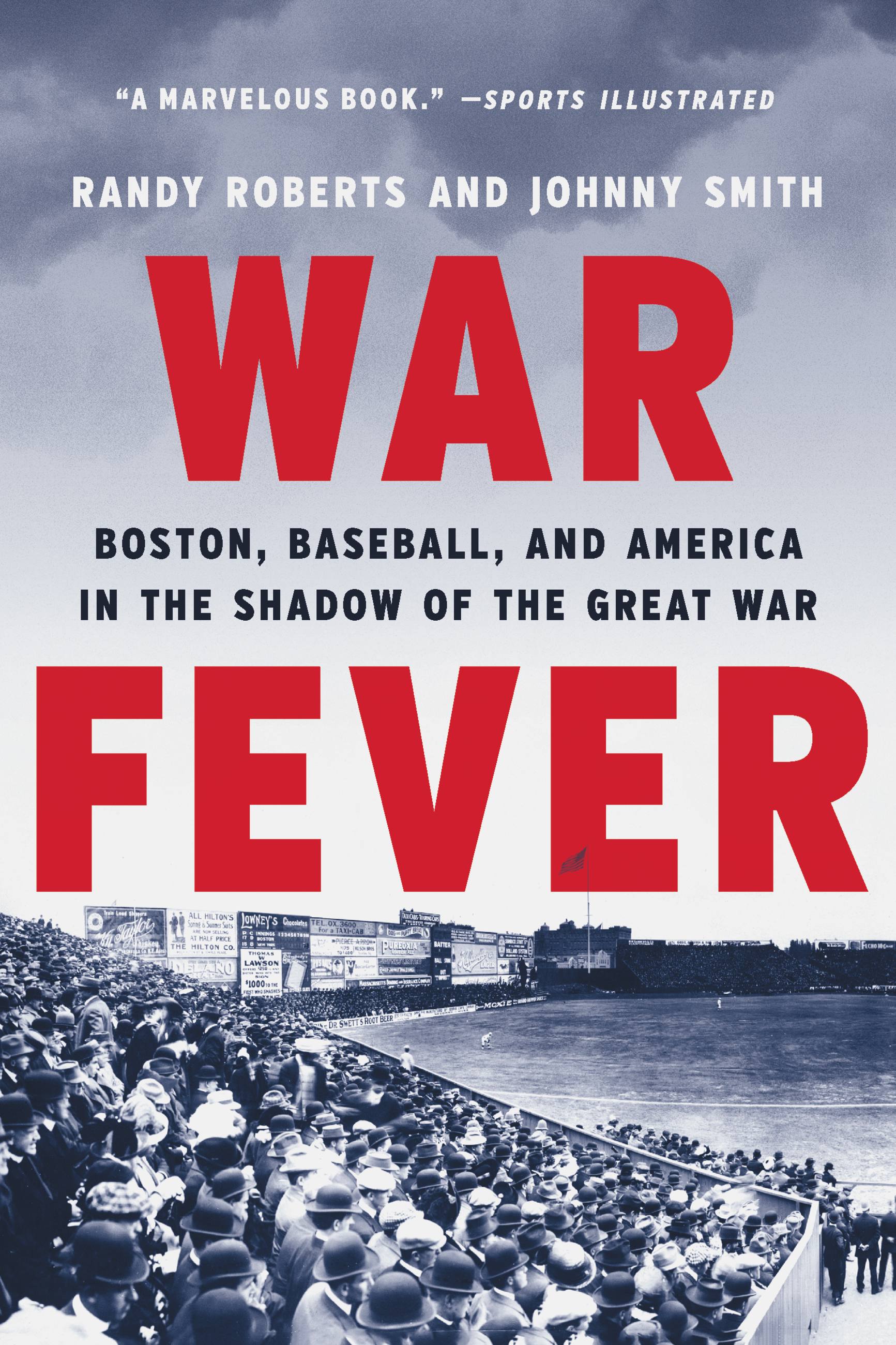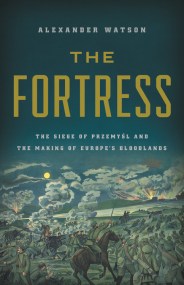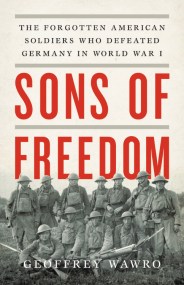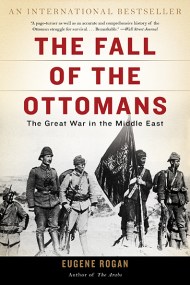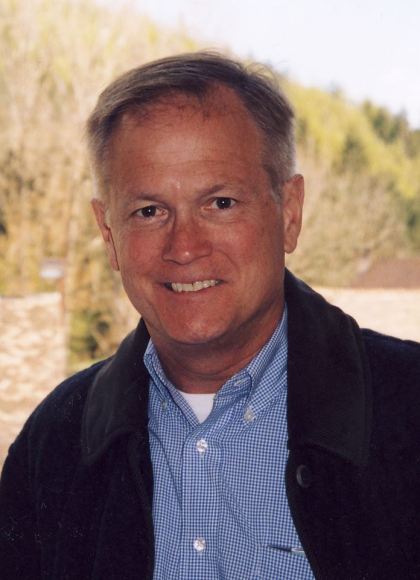By clicking “Accept,” you agree to the use of cookies and similar technologies on your device as set forth in our Cookie Policy and our Privacy Policy. Please note that certain cookies are essential for this website to function properly and do not require user consent to be deployed.
War Fever
Boston, Baseball, and America in the Shadow of the Great War
Contributors
By Johnny Smith
Formats and Prices
- On Sale
- Mar 24, 2020
- Page Count
- 368 pages
- Publisher
- Basic Books
- ISBN-13
- 9781541672673
Price
$12.99Price
$16.99 CADFormat
Format:
- ebook $12.99 $16.99 CAD
- Audiobook Download (Unabridged)
- Trade Paperback $18.99 $23.99 CAD
This item is a preorder. Your payment method will be charged immediately, and the product is expected to ship on or around March 24, 2020. This date is subject to change due to shipping delays beyond our control.
Buy from Other Retailers:
A "marvelous" (Sports Illustrated) portrait of the three men whose lives were forever changed by WWI-era Boston and the Spanish flu: baseball star Babe Ruth, symphony conductor Karl Muck, and Harvard law student Charles Whittlesey.
In the fall of 1918, a fever gripped Boston. The streets emptied as paranoia about the deadly Spanish flu spread. Newspapermen and vigilante investigators aggressively sought to discredit anyone who looked or sounded German. And as the war raged on, the enemy seemed to be lurking everywhere: prowling in submarines off the coast of Cape Cod, arriving on passenger ships in the harbor, or disguised as the radicals lecturing workers about the injustice of a sixty-hour workweek.
War Fever explores this delirious moment in American history through the stories of three men: Karl Muck, the German conductor of the Boston Symphony Orchestra, accused of being an enemy spy; Charles Whittlesey, a Harvard law graduate who became an unlikely hero in Europe; and the most famous baseball player of all time, Babe Ruth, poised to revolutionize the game he loved. Together, they offer a gripping narrative of America at war and American culture in upheaval.
Newsletter Signup
By clicking ‘Sign Up,’ I acknowledge that I have read and agree to Hachette Book Group’s Privacy Policy and Terms of Use
